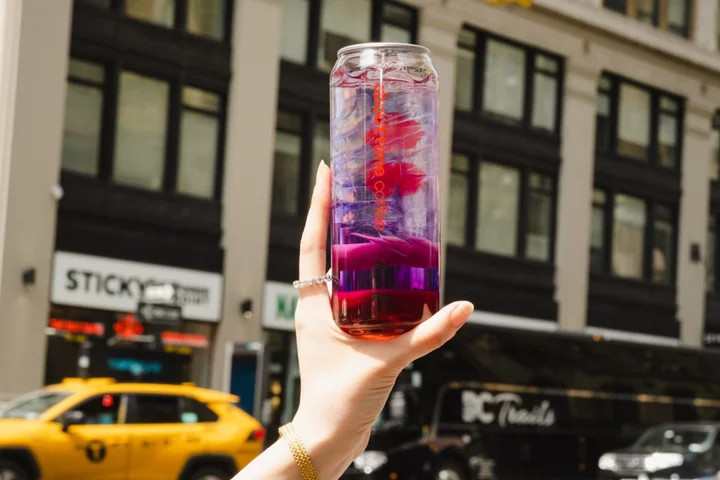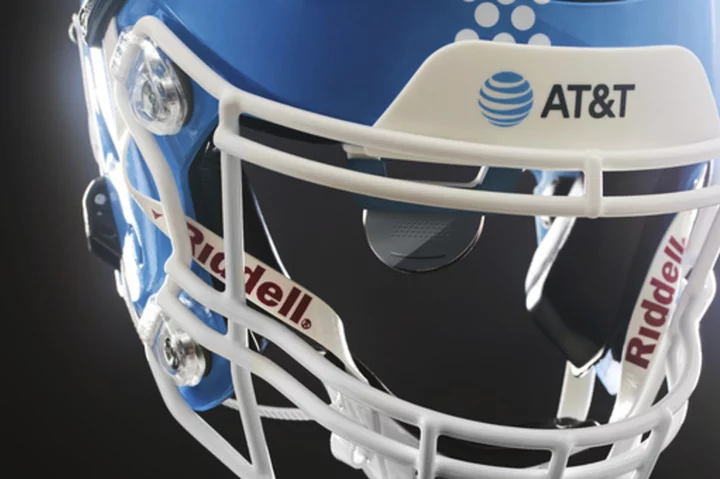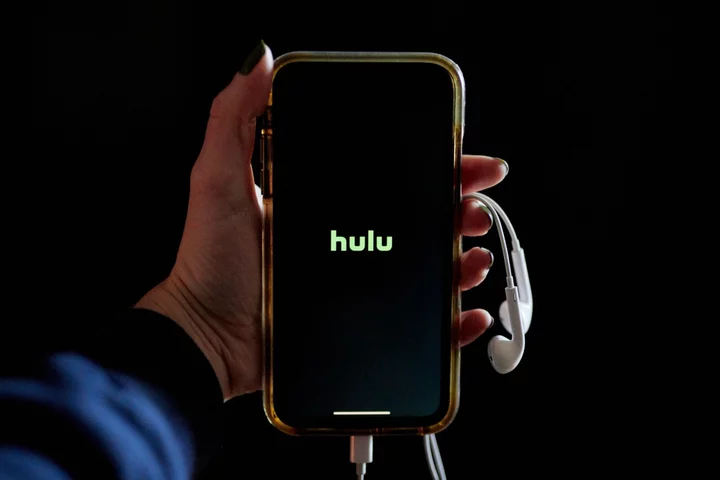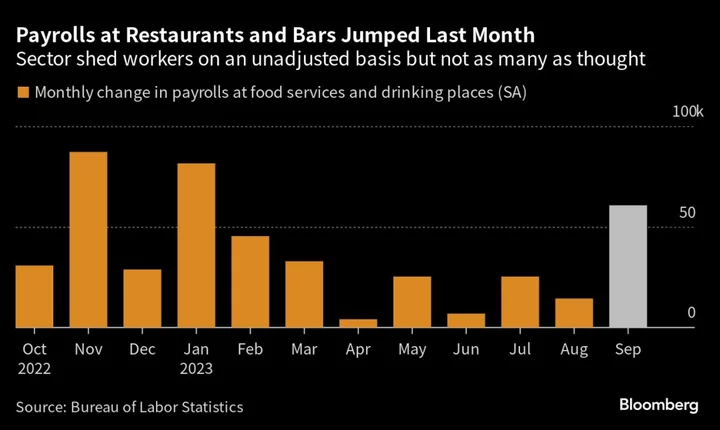In February last year, a tiny coffee store with red neon signs opened at Gramercy Park, one of the most idyllic neighborhoods in New York City. The shop, labeled About Time Coffee, soon spawned four other prime locations in downtown Manhattan, peddling iced boba coffee that’s suddenly a trend on TikTok and Instagram.
This is not your typical neighborhood coffeehouse, but a tech-savvy startup backed by some of China’s biggest venture firms.
Investors including ZhenFund and IDG Capital’s Chinese arm have made bets on the nascent New York coffee chain hatched by Dai Wei, the controversial founder of Chinese bike-sharing startup Ofo Inc. Dai, in his early thirties, is the face of China’s biggest tech bubble of recent times, when investors poured billions of dollars into companies renting dockless bikes with no clear business model. In 2018, Ofo ceased operations after funding dried up, leaving its iconic yellow bikes piling up on Chinese streets. Dai has largely stepped away from the public eye since.
His comeback in the US, which hasn’t been previously reported, is another example of China’s embattled tech industry turning outward for growth, hoping to ride the coat-tails of video sensation TikTok and retailer Shein. For Chinese startups and their venture backers who endured two years of regulatory crackdowns and Covid restrictions, the “Copy-from-China” tactic has grown increasingly alluring, as they seek to replicate tried-and-true business models far from home, in markets like Southeast Asia and the US.
“We have a proven model from China,” About Time Chief Executive Officer Marian Chen said in an interview. “We sell coffee that tastes better but is cheaper than Starbucks.”
Dai has split his time between China and the US since Covid, first starting a power-bank rental startup in Seattle and then the coffee chain in New York, according to people close to him. Despite Ofo’s demise, the entrepreneur has again scored funding from investors who put faith in him, including IDG, ZhenFund, and Beijing-based Will Hunting Capital, an early backer of the bike-sharing startup. About Time has so far raised more than $10 million at a valuation of $40 million, Chen said.
While Dai isn’t involved in the day-to-day operations of About Time, he helped build out the team for the retailer and set up meetings with investors, Chen said. “He’s the one who glued us together.”
Dai, who Chen says is a minority shareholder, declined a request for an interview.
Read the profile of Ofo’s founder
About Time hopes to woo New Yorkers with some Chinese recipes. The firm follows the technology-driven business model of Luckin Coffee Inc., which overtook Starbucks in China in the span of few years before it was plagued by an accounting fraud. Like Luckin, About Time handles orders and payments via its mobile app, and collects customer data to tailor discounts and coupons. The lower pricing is also a big draw: Its signature iced boba coffee – fresh made and sealed into cans – costs $4, when Starbucks serves average cups at around $5 in the US.
“Order online,” a board outside its Gramercy Park shop advertises, “First five drinks on us.”
The aggressive pricing appears to be winning over younger customers. On a recent Thursday afternoon, at least seven students from the nearby Baruch College hit the Gramercy store in 15 minutes.
Among them was Mansoor Wardak, a 22-year-old finance major and About Time regular since he got a text promo to sign up on its app for a free coffee. “I don’t want to pay $7 for Starbucks,” he said.
Some American consumers have grown wary of tech-focused coffee companies that are fast altering the streetscape. Brooklyn-based Blank Street Coffee, backed by General Catalyst Partners and Tiger Global Management, has exploded into dozens of locations in New York City two years since its inception. And the firm is seeking new funding at a valuation of $200 million, Bloomberg reported in December.
For now, About Time has no plan to open more shops or raise money, while it focuses on trying out new drinks and turning profitable, said CEO Chen, who previously worked for non-profit organizations like Save the Children. ”We are not finance elites who don’t actually love coffee,” she said. “That’s not the impression we want to give.”
Aside from branding, About Time faces some more imminent challenges. For one, mobile payments account for just 15% of the chain’s total sales, as Americans still prefer to pay by cash or credit cards. That’s not a good first step for a company seeking to retain loyal customers by making them stay on its app.
At least to the old Dai, lauded as a PhD dropout whiz kid, all this wouldn’t be a big problem — if investor money keeps pouring in.
“In the early stages of a company, expanding is more important than defending,” he told Bloomberg News in 2016. “The faster you use your money, the more efficient, the more money you raise, the stronger you become. Then you control the market.”
--With assistance from Peter Elstrom, Claire Che and Lulu Yilun Chen.









